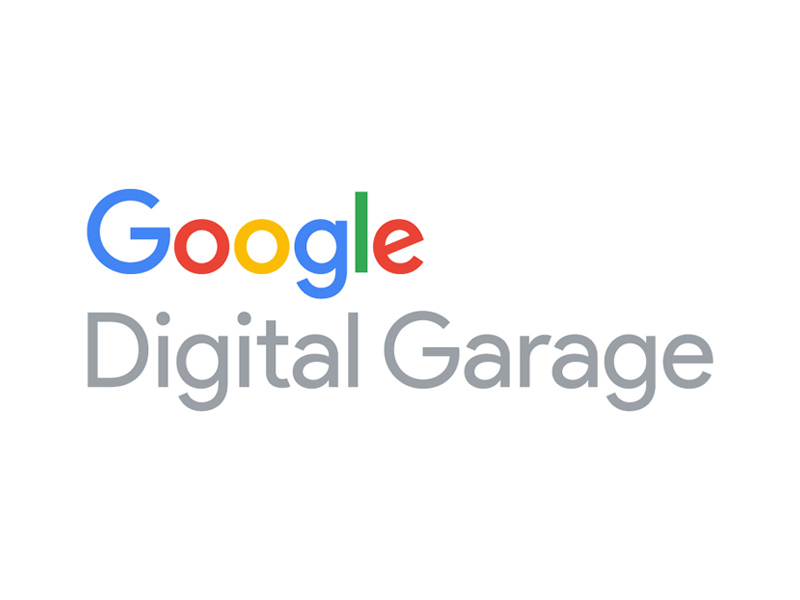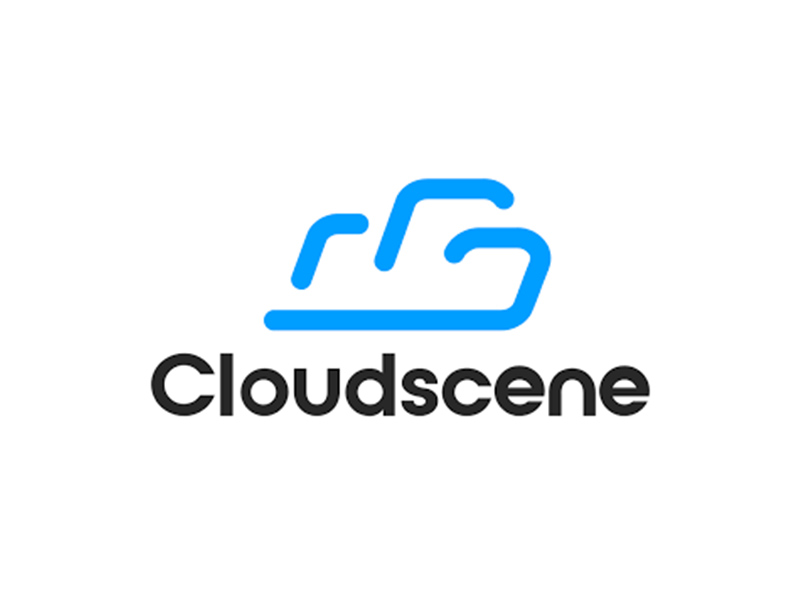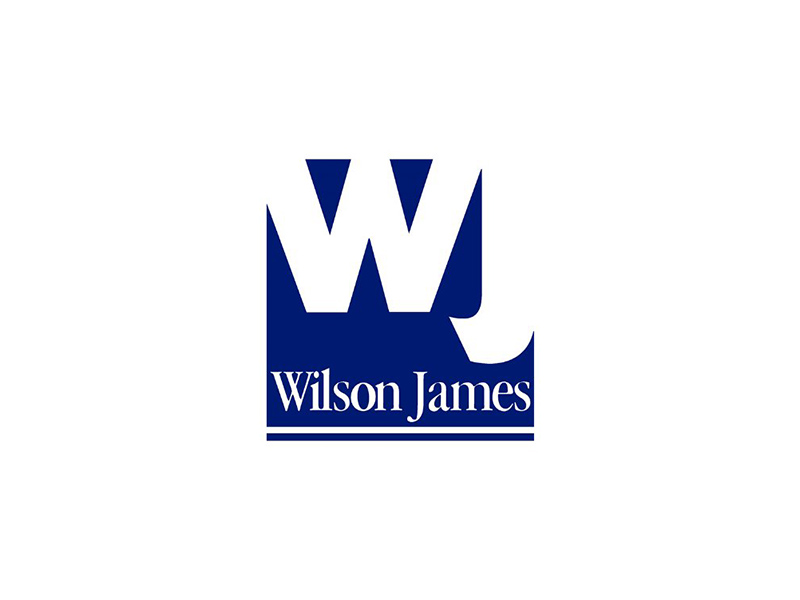The human capability to adapt, to make room for change when needed and to evolve to meet the demands and challenges of a new landscape is unrivalled. ‘Lockdowns’ have been such a challenge, for individuals personally as well as in their roles within the businesses they drive. We have found it fascinating to see how workplaces, business models, relationships and attitudes have altered throughout the 3 lockdowns we have endured here in the UK, and it is a continuous point of discussion within our own teams.
In this article, we hear from key members of our team as they sum up key conversations they have been having internally and externally. They share what they have noticed, admired and experienced here at Chesamel, and what lockdowns have really meant for both the Chesamel team, as well as for the businesses we have witnessed pivot, thrive or struggle through the dynamic and precarious territory of the last 11 months.
How working has changed…
Coronavirus has changed the way so many of us view the world of work. “I believe workforces and people have become more fluid in that we now bring our whole selves to work. The barriers have come down and we are now seeing people more authentically, vulnerably and our relationships have become stronger.” Tegan Johnson, Senior People and Project Manager at Chesamel.
Now, still in the position we were in almost one year ago, we have all taken new skills on board, changed how we interact on a daily basis and how we work. “We are now not physically in the same space but more connected than ever.” Chris Tolfree, Marketing Manager. Work-life balance and communications have been unavoidable topics, whether this is in the plentiful content that is shared online, internal company improvements or daily frustrations for workers.

But what does this all mean for teams and individuals and what are the overarching effects and trials that we have seen and experienced? “Finding a work-life balance has been a struggle for some during these times and ensuring you take time for yourself and your wellbeing has never been more important to ensure these lines don’t become blurred.” Chris explains; added focus on the communications to support each other is an area the team have also identified as pinnacle “I have seen the importance of communication relearned, and that as we’re very social beings, we need to therefore think creatively and outside the box on how we keep being social in an every fatiguing virtual world” says Tegan Johnson.
As we push through, almost unbelievably, the 3rd UK lockdown, we have noticed a real contrast between exhaustion and acceptance from workers. 69% of employees are experiencing burnout symptoms while working from home, with 59% taking less time off than they normally would.
This demanding way of working is no longer a ‘new’ norm, as businesses have at this point had the time to equip their teams with processes for smoother operations and individuals have had the time to work out new routines that work for them.
However, these rapid changes have been demanding for employees in new ways. Microsoft’s report states workers experiencing video call fatigue and a lack of transition between work and personal life. “Organisations are becoming so much more aware of their teams’ needs and how they interact, and how both their individual experience and skills within the company are so impactful on the wider organisation. This new focus on people is a welcomed and needed reboot for most” explains Emma Cofie, Chesamel COO. It is imperative that companies must not get comfortable and instead remain conscious in still engaging staff and supporting each other. Ask yourself, have the regular check-ins or social Zoom calls faded away? In the beginning, we were possibly even more connected and supported than we were in the office, but what about now?
There is also a very interesting discussion to be had around work and play and the self-management of this. Should companies now be building an environment whereby employees feel that they have the space and the ‘permission’ to self-manage their downtime throughout their working day, be this play or social interactions and distractions, as they have had this physically removed from their day to day when vacating the office?
WeWork reported that the ability to have unplanned interactions has dropped by 25% on average, for those working from home and that this could be as high as 40% for those who usually collaborate in close-knit team environments.
“I have seen the importance of play in keeping your teams engaged highlighted this year. Where physical offices might have had beanbags, pool, or table tennis or even water-cooler moments to improve workers’ moods and productivity, we now need to look at how we incorporate play as a consistent part of virtual working so that it can be self-directed and organic, rather than the organised fun we get from the weekly work Zoom quiz, for example.” – Suzanne Scruton, HR Consultant.
How Companies Are Adapting & Key Learnings…
The Greater Good:
Companies ARE ADAPTING; this was the most exhilarating observation of the year for Chesamel’s Senior People and Project Manager, Tegan, “I am seeing individuals and organisations have incredibly meaningful discussions and activities and implementing change around Mental Wellbeing and putting people at the forefront of all their decisions.”. Organisations are focused on building sustainable workforces for the future and are willing to invest in their employees. “We have learnt the importance of flexibility in working patterns and working in a way that allows people to be their most productive selves. As a people person, this makes me so excited for the workforces of tomorrow.”.

This important conversation has also changed the way businesses speak to their customers. We have seen the efforts of those who have dared to get creative, pay off. Pringles took the bored and available audience, ‘stuck’ in their homes and gave them a way to fill their time… with their product #PlayWithPringles. Invoking the use of social media and Tik Tok specifically, their campaign took off and engaged a new, digital generation.
Those who have shown to give back or care about their customers or social causes have been both praised and favoured, with 77% of respondents to Twitter’s user survey agreeing that they feel more positively about brands making an effort to support society at the moment, highlighting the rise in popularity, from customers, workforces, business leaders and investors, in concerns around ESG (Environmental, Social and Governance). “When we look back at 2020, it will be remembered as a turbulent year that will leave a very big legacy. The focus on people will be one of those things that will be materially important for investors.”- Amra Balic, head of investment stewardship for Europe, the Middle East and Africa at BlackRock. The larger focus on these areas is changing the way businesses are operating, making more movements for the greater good and more responsible business decisions.
Agility
The concept of agility has both been reinforced in our own workplace at Chesamel, but is also an overwhelming realisation we have witnessed throughout industries and through enquiries directly. As an organisation that works with businesses to improve and build agile teams and processes, we would never have predicted the topic of agility to be highlighted as a key learning area for us, however, in terms of so overtly seeing the need and demand for agility increase, it has.
“We have had the need for being agile as an organisation reinforced; this is key as even the most robust plans have unforeseen factors impacting them and daily priorities can change by the minute.” tells Marketing Manager Chris.
Just short of one year ago, the working norms altered dramatically and swiftly. Organisations were quickly seen to be agile or not. The need for agility in teams and processes is industry and department-wide, there are no teams who could not benefit from building out their agile capabilities but we see this most commonly in marketing and project development.

Industry played a clear role in the level of preparation already in place, with tech companies such as Twitter and Google quickly (and easily) jumping to support their workers remotely wherever possible, while traditional companies and the bricks and mortar stores were left trying passionately to provide for their customers and support their employees, also highlighting the vital need for digital skills and capabilities.
“One of the most valuable lessons that each and every organisation is taking away from these lockdowns is the recognition that agility and digital transformation are necessities to survive a changing landscape, and we’ve witnessed this being a difficult lesson for so many. No matter the level of digital ability, skills or tools, businesses must and are upping their game, which is great to see. Seeking external help from specialists to assist and guide you in areas you are not fluent in is not a weakness, but a strength; if you don’t have the skills in your team now, find the people, teams or agencies who do and tap into them to drive business growth.” says Chesamel COO Emma Cofie.
Take a moment to notice the discussions that your teams are having – are you also having new conversations, and what are the key changes you have seen? Perhaps you feel you need to become more agile or there are still skills your teams could improve. If you’d like to speak to us about upskilling your teams or creating a more agile workforce ready for digital transformation, reach out to us today.












